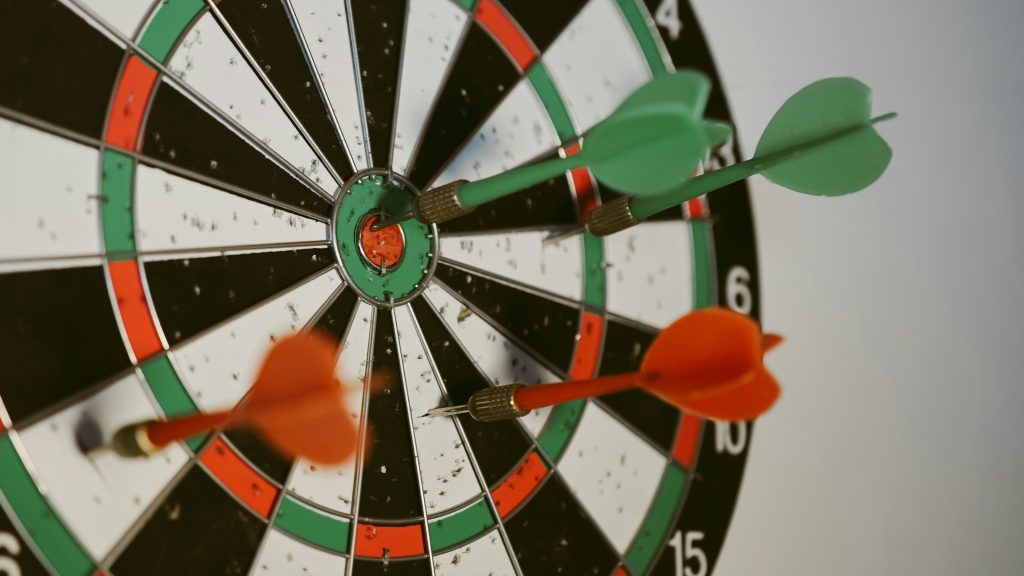Imagine Maya, a dedicated employee who is facing sexual harassment in her workplace. She turns to the Internal Committee (IC) of her organisation for help, hoping for a fair and thorough investigation. Unfortunately, the External Member who is part of the IC happens to be the cousin sister of the respondent and also lacks the necessary expertise or training.
Do you think that the investigation should still go on in this scenario?
In a recent ruling, the Bombay High Court rejected an IC inquiry report produced by an Internal Committee. The reason was that the external member was neither attached to a relevant association focused on women’s issues nor were they experienced in handling cases of sexual harassment. The court’s decision emphasised that an external member must have a background in handling such sensitive issues to ensure a fair and effective investigation.
So, how do we choose the right external member to be a part of the Internal Committee?
- Relevant Affiliation: Under Section 4 of the PoSH Act, 2013, External Members should be affiliated with organisations dedicated to women’s rights or gender issues. This ensures that they bring the necessary expertise and also possess adequate commitment and passion to address sexual harassment cases judiciously.
- Experience and Knowledge: It is crucial for the External Member to have relevant experience and knowledge about sexual harassment. The external member should have knowledge of legal concepts such as Principles of Natural Justice, the Role of Evidence, Witness Testimonies, Burden of Proof etc. This understanding helps in navigating the complexities of the investigation and providing appropriate support to those affected.
- Ongoing Training: Regular training and orientation are essential. This ensures that external members stay updated on legal requirements and best practices for handling complaints effectively. For instance, external members may undergo training by participating in mock case simulations to help them understand the various technicalities and processes that are involved in an IC inquiry for workplace sexual harassment.
- Neutrality and Impartiality: The role of the external member is to eliminate bias from the IC’s inquiries and help them make sound decisions. External members must maintain neutrality towards both, the complainant and respondent, during case inquiries. They must practise objectivity in evaluating evidence and analysing witness statements. Lastly, they must ensure that they do not hold any personal interest in the case at hand.
- Sensitivity and Empathy: Most importantly, beyond qualifications the external member should demonstrate empathy and sensitivity towards both the parties and their witnesses. They must be equipped to understand the emotional and psychological impact of sexual harassment. This will not only help the inquiry process but will ensure that the parties feel safe to express themselves without fearing any judgement from the IC.
Considering the above-mentioned factors, Maya can definitely voice out her apprehensions about the existing external member of her IC. She can request a replacement, citing that the present external member does not meet the criteria provided under the PoSH Act, 2013. Therefore, any investigation conducted with the help of their consultation would not meet the requirements of the IC composition. This would ultimately render the inquiry void in nature.
To know more about our end to end PoSH Services please write to us at hello@serein.in.


